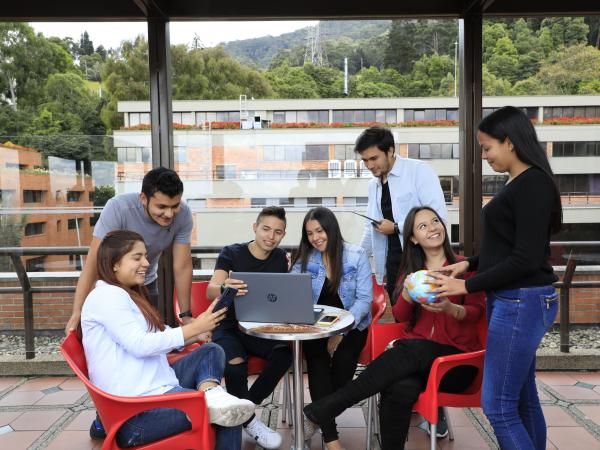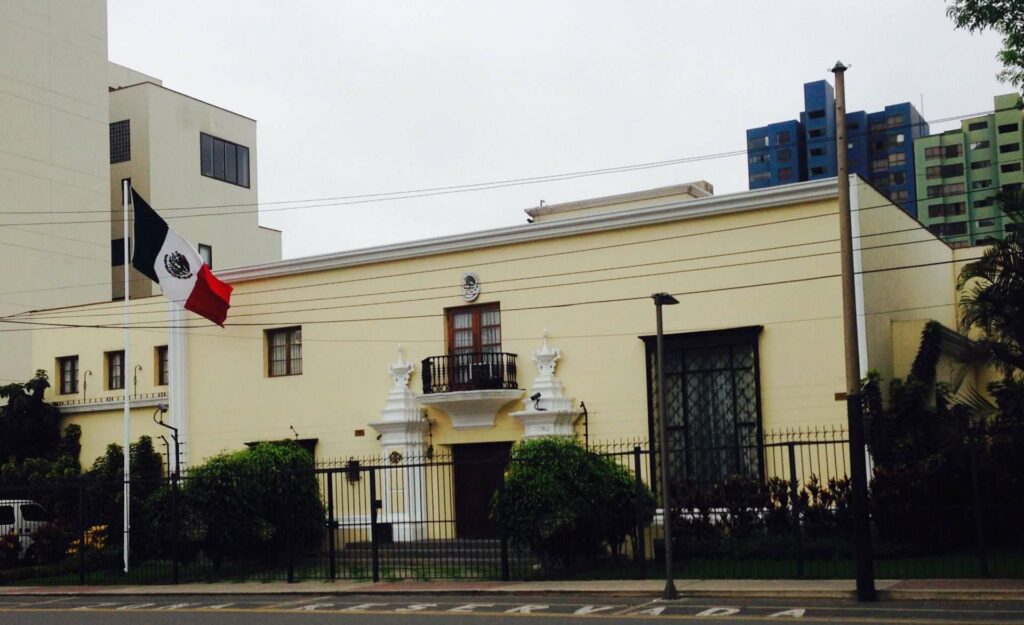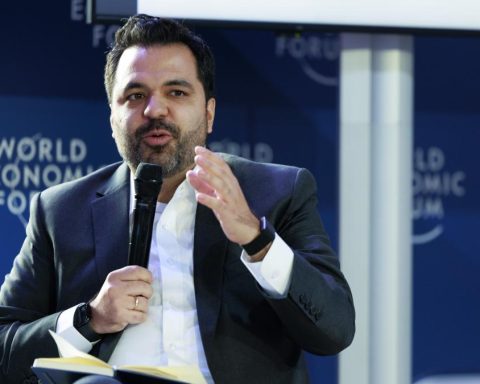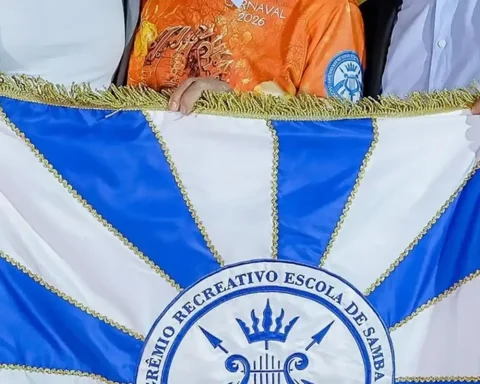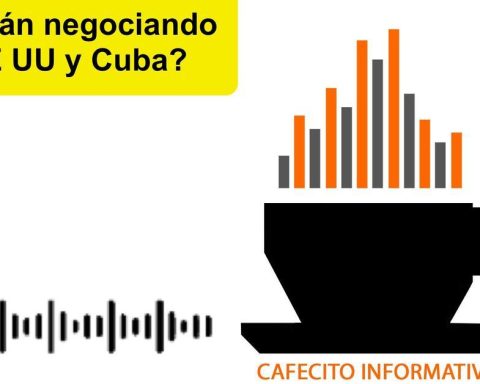Higher education in Colombia has been experiencing ups and downs since the pandemic in the different sectors of private and official entities. However, according to the report of the Labor Observatory for Education (OLE), of the Ministry of Education, the number of The total number of graduates in the country for 2021 was 524,983, which represents a growth of 15.8% Compared to the 2020 data that closed at 453,285 students who completed their careers.
(Read: ABC of the minimum wage deindexation decree: keys and details).
However, the increase in graduates had been evident since 2015, the year in which the figure reached 428,034, as in 2016, it increased to 455,307, 6.3% more. The rise continued to be noticed in 2017, when the number of graduates in higher education closed at 480,858, which meant a rise of 5.6% compared to the previous year.
For 2018, the graduates were 488,665, 1.6% above 2017. One of the increases presented by the observatory was for the year 2019, where the data reached 512,104 graduates, which implied an increase of 4, 7%. Despite this, on the eve of the covid 19 pandemic, graduates in 2020 presented a drop of 11.4%, closing the year with 453,285but picking up in 2021, as mentioned above.
According to the previous data, for last year the number of graduates already exceeded the levels reflected in the pre-pandemic stage.
The gaps left by the covid 19 in education, one of the most affected sectors, not only in basic education levels such as transition, primary and secondary, but also in higher education, date back in pProblems of increases in student desertion, access to credit and even difficulties in the Saber Test and basic skills.
(In addition: Vehicles in Bogotá will be labeled according to their level of contamination).
Despite the above, higher education graduates presented results by departmentswhich showed that Bogotá is one of the cities with the most graduates, reaching some 192,430 by 2021.
Next is the department of Antioquia, which closed with 63,999, while the number decreased in Valle del Cauca, with a total of 36,963 students who completed their respective university degrees.
Other departments with the highest number of graduates were Atlántico with 30,659 and Santander with 29,931 professionals.
Projections for 2023
The projections for 2023 that the education sector has lean towards reforms, the fiscal situation, quality issues, and coverage. According to the Minister of Education, Alejandro Gaviria, for next year an increase of 500,000 young people is estimated during the four-year period, where opportunities in access to higher education will be prioritized.
(Keep reading: These are some rates and values that would no longer go up with the minimum).
For this, the minister assured that five actions are needed that involve consolidating free education, which currently benefits more than 700,000 young people, continue advancing in Icetex with interest rates that do not exceed the Consumer Price Index (CPI). , a reform to quality assurance, “that allows a greater opportunity in qualified registries” and an advance inecided in the university infrastructure, especially in the most remote regions of the country.
Similarly, according to the head of portfolio, progress has been made on plans to recover the learning losses left by the pandemic in the sector, carrying out volunteer work that will involve 40,000 university students.
In terms of legal changes that have to be made jointly with the Government, Gaviria stated that a change is required in Law 30 of 1992 “particularly in articles 86 and 87, which allows us to guarantee a greater flow of resources to public education”.
According to the portfolio leader, in this regard, sThey are thinking about the two reforms, in which they already have work tables. Gaviria said that “for the Government, the first semester of 2023 will be key to social reforms such as pensions, health, labor, etc. There we hope to be able to establish at least that of Law 30”.
The minister also indicated the responsibilities they have with the resource management fund, in response to which he stated that “We have the responsibility that the resources collected are distributed in the universities as the law says and in my opinion as Minister of Education the most important thing is to guarantee that these moneys are used well, as in the works of those destined for universitiesthe official said.
(Read: Petro hopes that the rise in the minimum will not raise prices in 2023, is it viable?).
On the other hand, he assured that there are other responsibilities where the task of the ministry is less, such as it is to ensure the effective collection and control of resources, a fact that corresponds to the DianHowever, “we are in talks with the Comptroller’s Office and we are going to strengthen all our inspection and surveillance work in this matter,” Gaviria said.
BRIEFCASE
